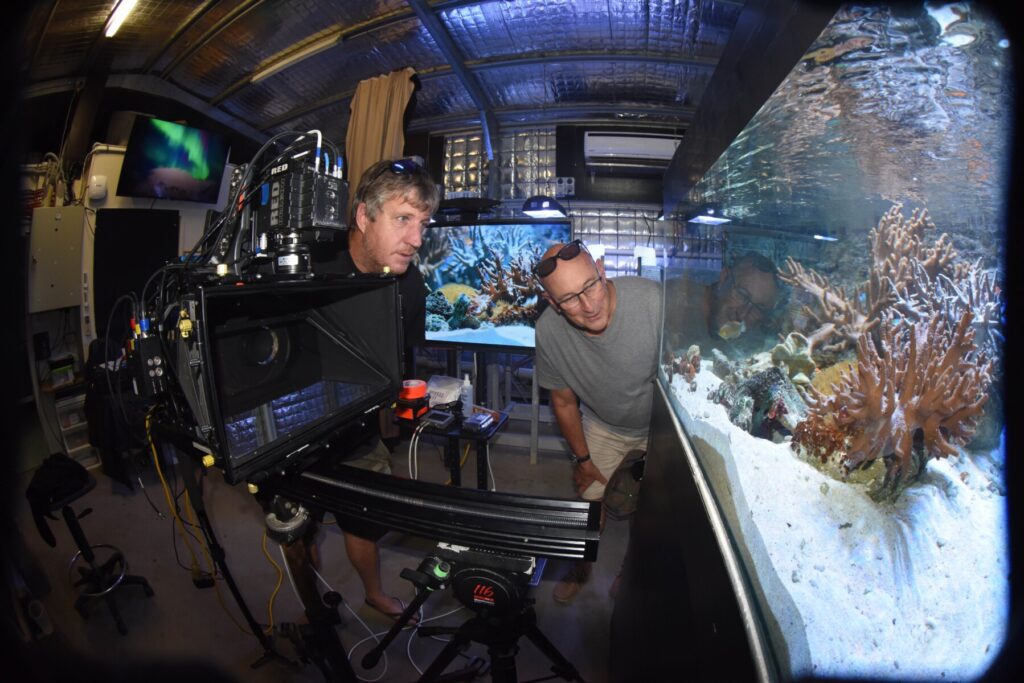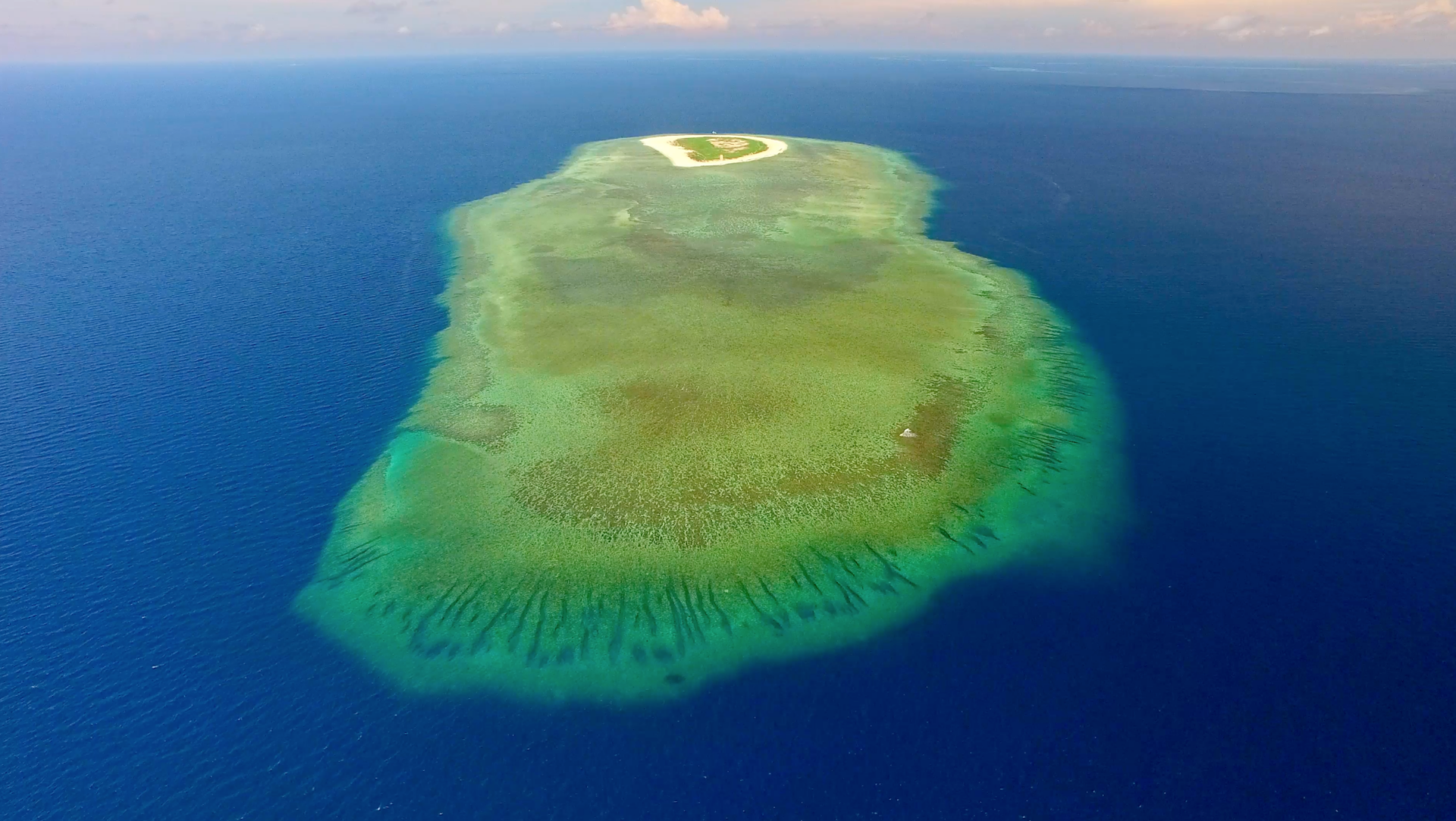We are all coral!

World Ocean Day, held recently on 8th June, offered an opportunity to reflect, not only upon the beauty of oceans, brought to us by film and TV, but just how precious and fragile they are. Taking the example of coral, breathtaking, delicate and crucial to the intricate system of relationships that nourishes the Earth, the realisation dawns of the necessity to care for our Common Home to ensure the future of Planet. The Sky TV series “Coral Planet” explains the role of coral.
“The smallest movement plays a part in the natural world. The entire ocean is affected by the tiniest rock”. Blaise Pascal observed this, already in the 1600’s, when he understood clearly that the planet is made up of relationships in continual motion, each one linked to something else, with its own role to play.
Everything is connected, we could say. Part of the same ecosystem. The oceans are not simply the enchanting world of the delightful Nemo, nor the brave Vaiana of Oceania. Nor simply the blue upon which the English ship in Master and Commander set sail, with its naval doctor on board fascinated with biology and captivated by the biodiversity of the Galápagos Islands. The same fascination captured by the photographer Sebastiano Salgado in the documentary Salt of the Earth by Wim Wenders.
The oceans are also central to the Earth’s wellbeing and the reason why, in recent years, cinema has sought to convey, alongside their beauty, how greatly they are under threat and the hidden danger posed by what they are suffering. Already in 2009, the film OceanWorld 3D, by Jean-Jacques Martello, chronicled the journey of a turtle across the great blue in all its splendour, whilst telling the story of an ecosystem as fragile as it is rich.
Much more outspoken in their denouncements are documentaries such as A plastic Ocean in 2016 and Chasing Coral in 2017. The first, directed by journalist Craig Leeson, reveals the incredible quantity of plastic that ends up in the oceans, forming huge islands entirely of plastic. The second, directed by Jeff Orlowski, reveals the bleaching process of our biggest coral reefs and its adverse effect on the delicate ecosystem to which we all belong.
With smooth precision, Chasing Coral penetrates this profound wound to our planet, whilst giving hope, the central message of this documentary series by Sky for the World Oceans Day: 8th June (a repeat of a 1992 documentary requested by United Nations).
Divided into three episodes, available on demand with Sky Nature and livestreaming on Now, Planet of coral follows the work of a team of marine biologists along the Great Barrier Reef in Australia: a magnificent section, stretching over 2000 km, a precious and delicate strip, which contains irreplaceable and fragile biodiversity, providing health to the Planet.
We see in Chasing Coral, how climate change and the rise in temperature of the oceans threatens the survival of the reef and other reefs too. To protect their invaluable role in the ecosystem, scientists in the series, are engaged in so-called “Assisted Evolution”, which, after initial scepticism, is now widely accepted as the environmental crisis rapidly advances.
It is not easy work, requiring great skill and the utmost attention to detail in recovering vital cycles that have been compromised by pollution and climate change, largely due to human behaviour. It is a means to heal our relationship with nature, which over time has broken down. It represents a commitment to forming our collective conscience towards the environment, fundamental to building the future. We and nature are indivisible. We are her children, an element, an integral part; to destroy her is to annihilate our very own species.
Before being a sight of beauty that takes our breath away, the Australian coral reef are the lungs of the planet, in the same way as the forests. Therefore, the scientists of the coral Planet focus closely on ways to combine biology and civil engineering, specifically designed to facilitate the reproduction of green turtles on the island of Raine, critical to the balance of the coral reef, as they feed on algae attached to the coral, which in turn captures CO2, essential for the survival of the planet.
This spectacular series reminds us that everything is connected; even a fish such as the whale shark becomes man’s ally in the search for solutions, integrally linked to his intelligence and passion to save nature from increasingly harmful depletion. The experiment carried out in the coral Planet offers hope and confidence, as well as results that are encouraging and transmissible to many other afflicted areas across the Earth.

